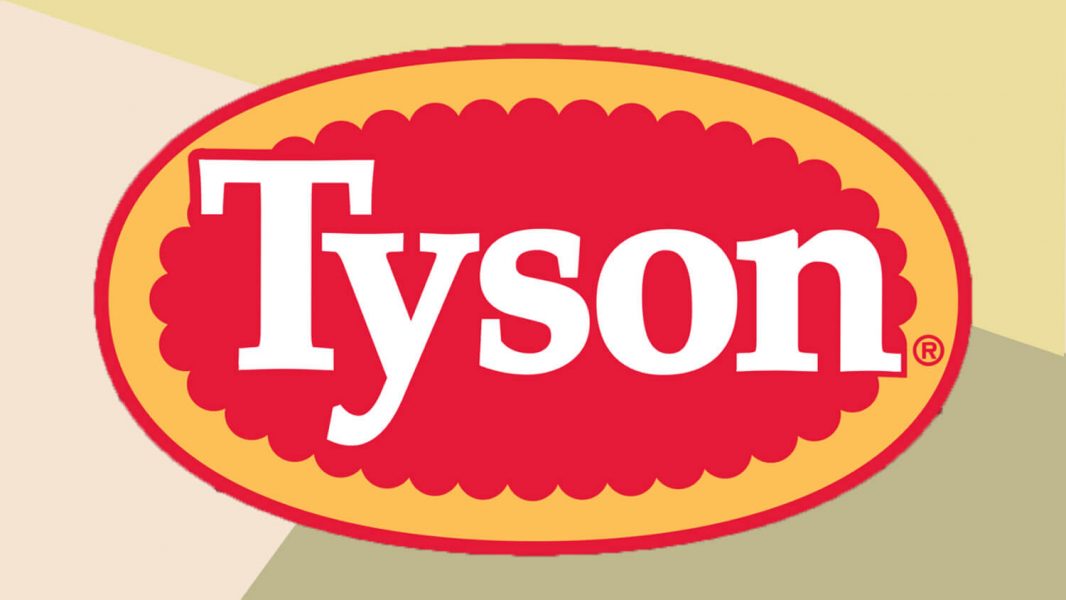Interest in stocking up on food with a long shelf life has certainly increased during the COVID-19 outbreak. The need to stay home for long stretches due to social distancing and self-isolation has consumers buying in bigger quantities as well. Whatever the reason, bulk buying offers many benefits beyond stocking up during a pandemic.
The concept of buying food in bulk is simple: shoppers fill reusable containers and scoop as much as they want or can afford from large bins. Bulk food stores generally carry pantry staples such as flour, grains and sugar, as well as dried fruits, nuts and other snacks.
Related: Sugar-Free Candies to Help Fight Cravings
Due to new health and safety implementations, some markets have closed their bulk sections, while others require employees to fill new containers. Bulk store are ramping up on disinfecting bulk bins, scoops and surfaces with alcohol-based cleaning solutions.
From saving money to eliminating the need for single-use plastic and other packaging, there are many reasons that people choose to buy items in bulk. But buying in bulk was a popular method of stocking up well before this year. In 2019, the bulk food ingredient market was valued at $424.6 billion and by 2025, it is expected to reach $524.9 billion. With bulk buying on the rise, here are some benefits of making the switch from regular grocery stores to bulk food stores.
1. Waste Reduction

By shopping at bulk food stores, consumers can reduce both packaging and food waste since it eliminates the need for packaging and single-use plastic. The US represents just four percent of the world’s population, but it produces 12 percent of global municipal solid waste. Additionally, Americans recycle only 35 percent of their municipal waste. Making the switch to buying in bulk can make a dramatic impact on weekly waste reduction and encourage mindful consumption choices in general.
2. Price

While it depends on the items, generally speaking, buying in bulk is cheaper. Without the excess packaging and branding that companies charge for, items tend to be cheaper than supermarket prices. Consumers can usually save money per unit, which adds up to real savings over time. Buying in bulk means shoppers pay for nothing but the product.
3. Quantity

When buying in bulk, shoppers can scoop out exactly how much they need so there is little to no food waste. If a recipe requires 250 grams of quinoa, that exact amount can be measured and purchased rather than buying a large bag that may gather dust in the kitchen cupboard. With no minimum purchase of anything in store, consumers can also buy small quantities of various items to try out before investing in larger quantities.
4. Freshness

Because shoppers can buy exactly what they need, they can reduce the amount of half-used products sitting in the cupboard. As a result, consumers benefit from the freshest produce. Popular bulk food stores have a high stock turnover, which means fresh products are almost always available. The stores are generally temperature controlled so the stock is kept at its optimal temperature.
5. Sustainability

Manufacturing materials for packaging pulls trees from forests, dumps contaminated water into streams and uses enormous amounts of energy resulting in rising levels of CO2 emissions. Reducing or eliminating plastic packaging can have a significant impact on the environment. Bulk food stores tend to be passionate about sourcing organic produce, locally made produce and fair trade products. These items are all more sustainable in their very nature and place far less stress on the environment.
In these uncertain times, making mindful consumption choices is more important than ever. If any or all these reasons sound appealing, try swapping the single-use produce bags at the grocery store for reusable jars or containers at a bulk food store.









Join or login to leave a comment
JOIN LOGIN